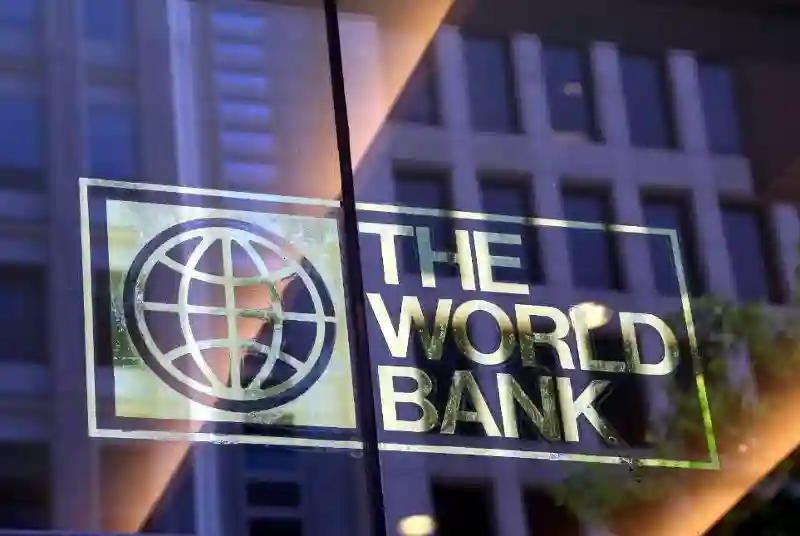Zimbabwe’s economy is projected to slow to 3.5 per cent in 2024, with agricultural output expected to fall due to an El Nino-induced drought, the World Bank has said.
In its latest Zimbabwe Economic Report, released Wednesday, 13 December, the Washington-based lender also said weaker global demand for minerals will negatively impact the country’s economic growth. It said:
The economy is projected to slow to 3.5 per cent in 2024, as agricultural output is expected to suffer from depressed global growth, especially from China, predicted erratic and below-average rainfall caused by the El Niño weather pattern.
The weaker global demand for minerals will reduce the contribution of the mining sector to economic growth.
The continued implementation of economic reforms, including those outlined in the arrears clearance dialogue, will serve to cool down inflation and relieve exchange rate pressures.
The World Bank warned that the transfer of the RBZ’s external debt to the Treasury poses liquidity risks, while a rising public wage bill will also squeeze fiscal space. Read the report:
The transfer of the RBZ’s external debt to the treasury means that interest payments from servicing debt are projected to increase significantly, posing liquidity risks amid limited access to concessional financing. A surging public wage bill will also squeeze fiscal space.
Real allocations to the education, health and social sectors are likely to fall. Management of fiscal policy is likely to remain challenging due to public debt unsustainability.
Overall, fiscal consolidation will be required to restore fiscal sustainability and economic growth.
The World Bank, however, said transferring external debt from the RBZ to the Government’s budget will enable the RBZ to constrain reserve money growth within acceptable limits and this in turn will enable the RBZ to better stabilize inflation.
It said the transfer may stop RBZ from printing money to service debt payments on these foreign currency liabilities.
More: Pindula News

